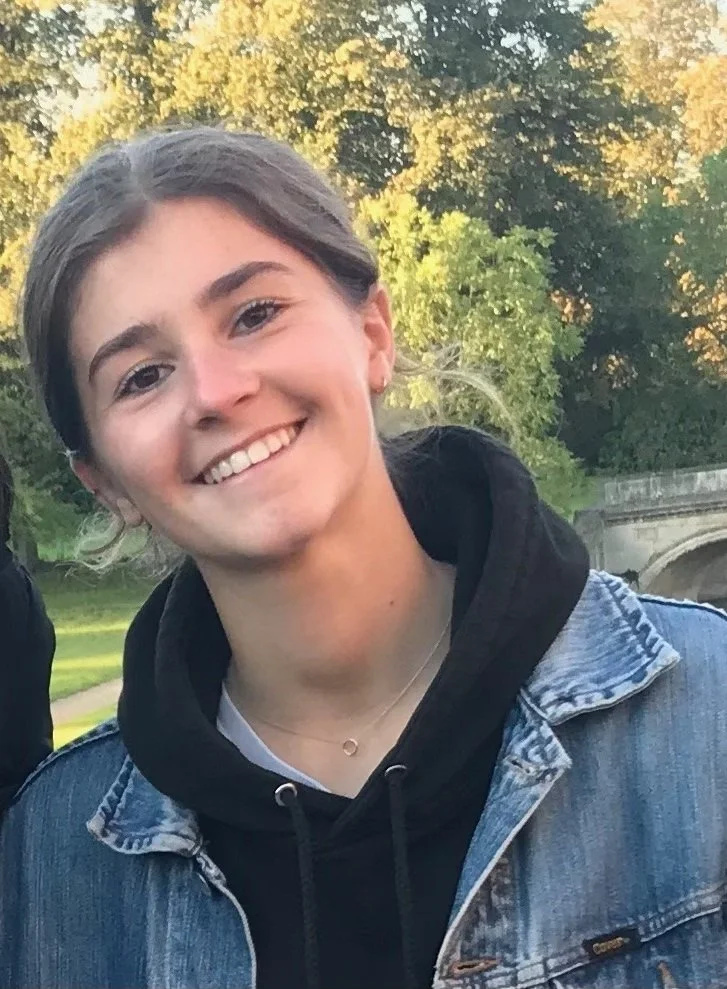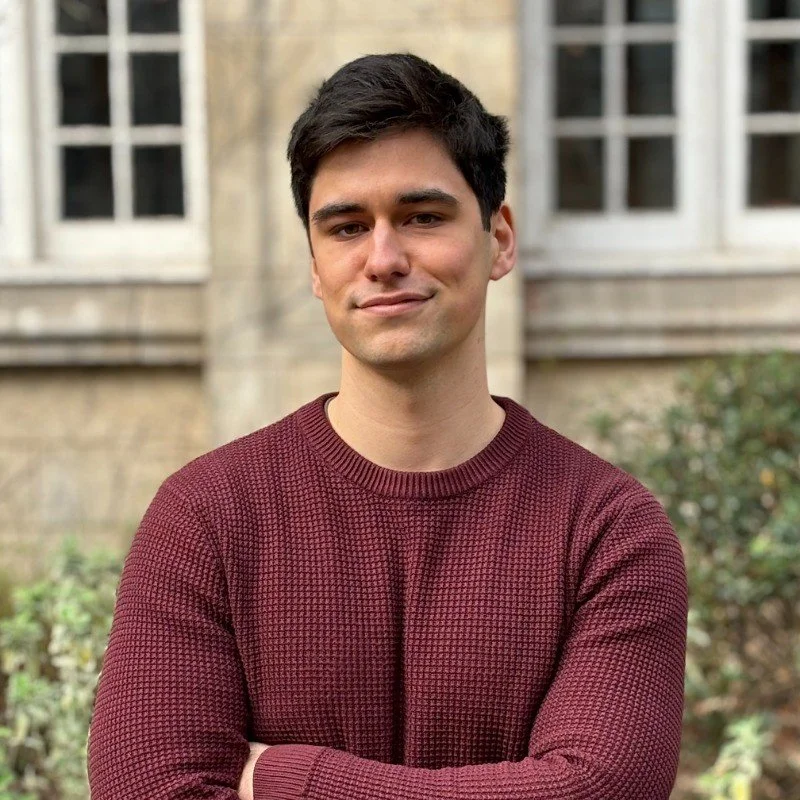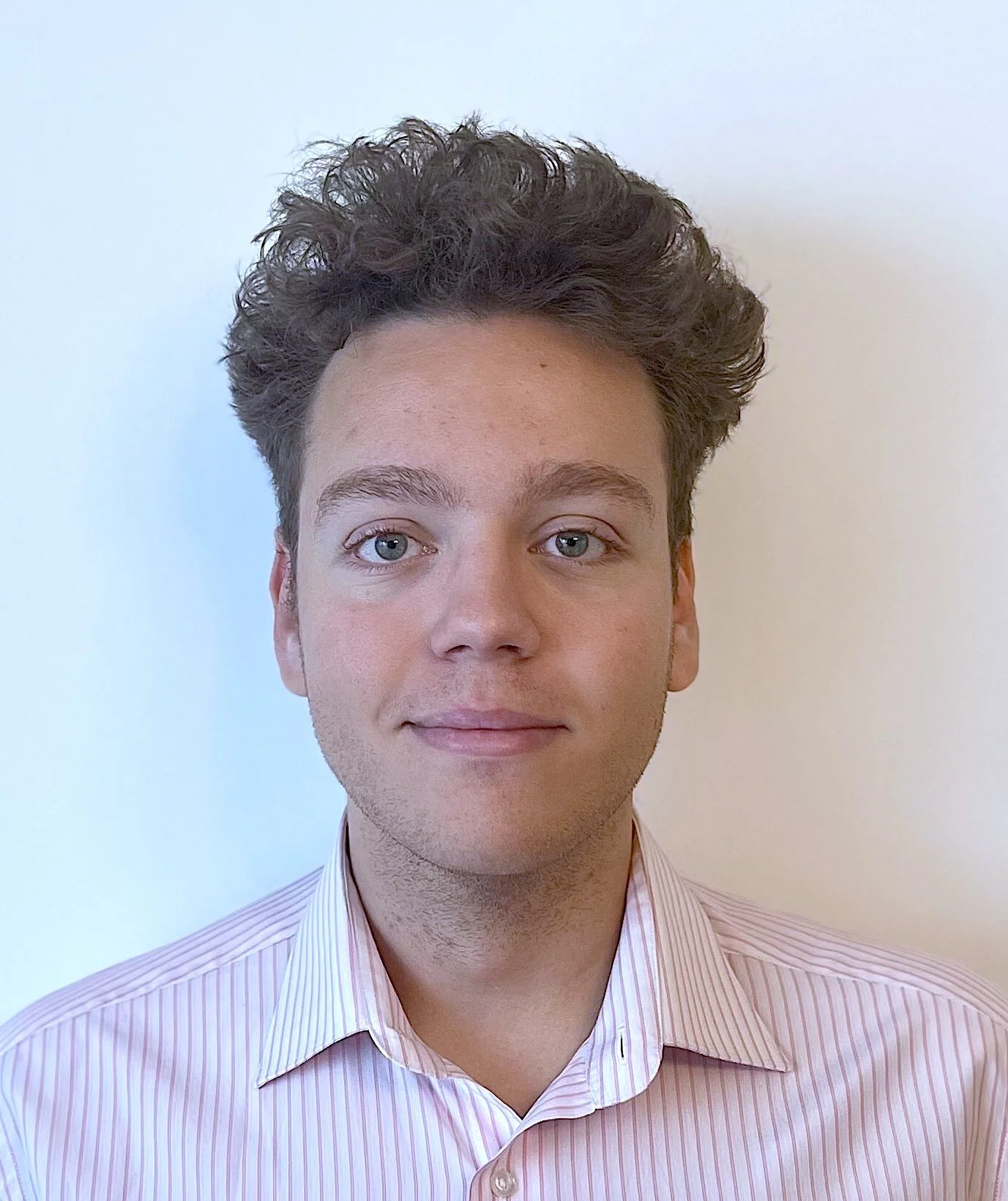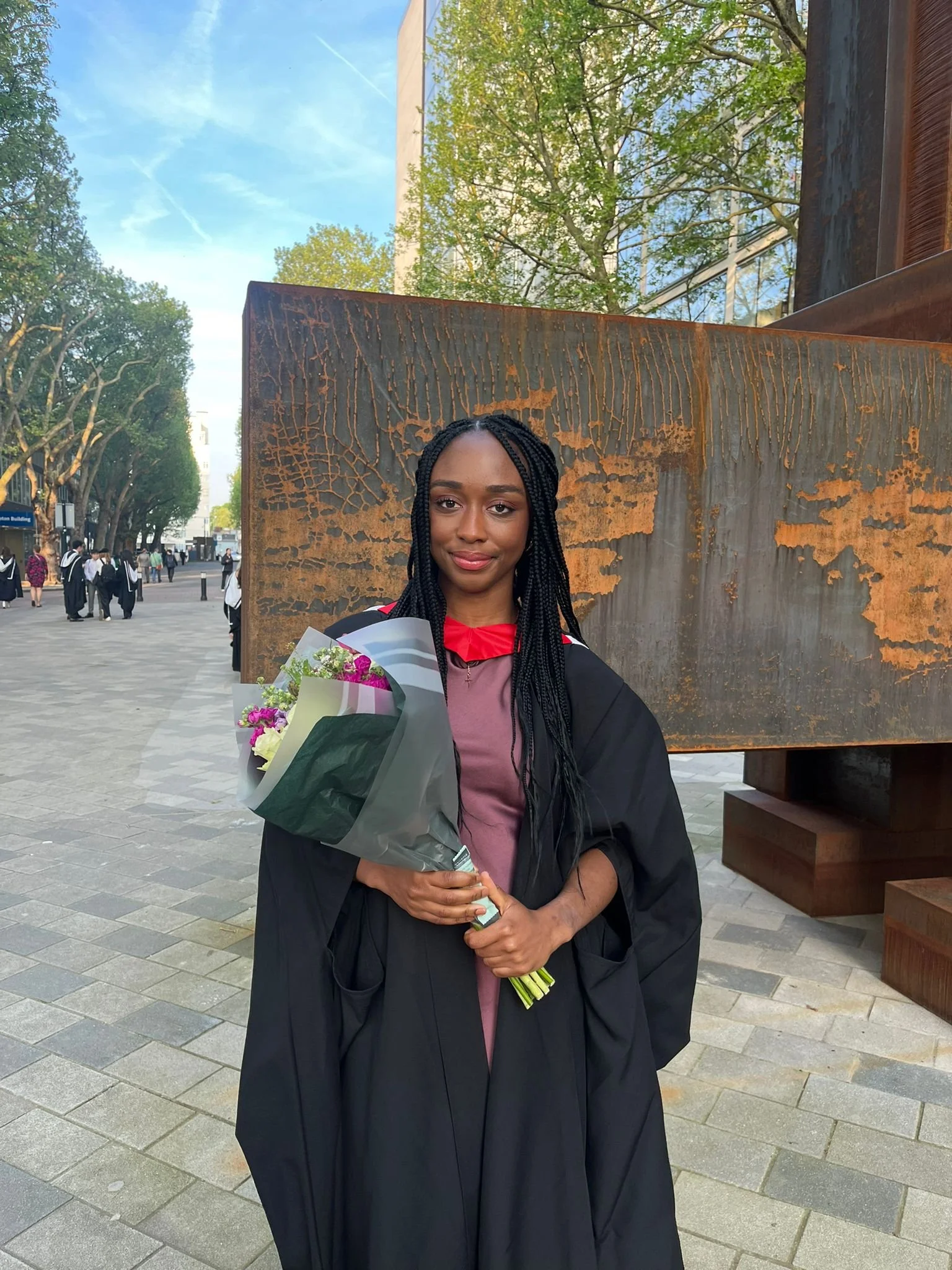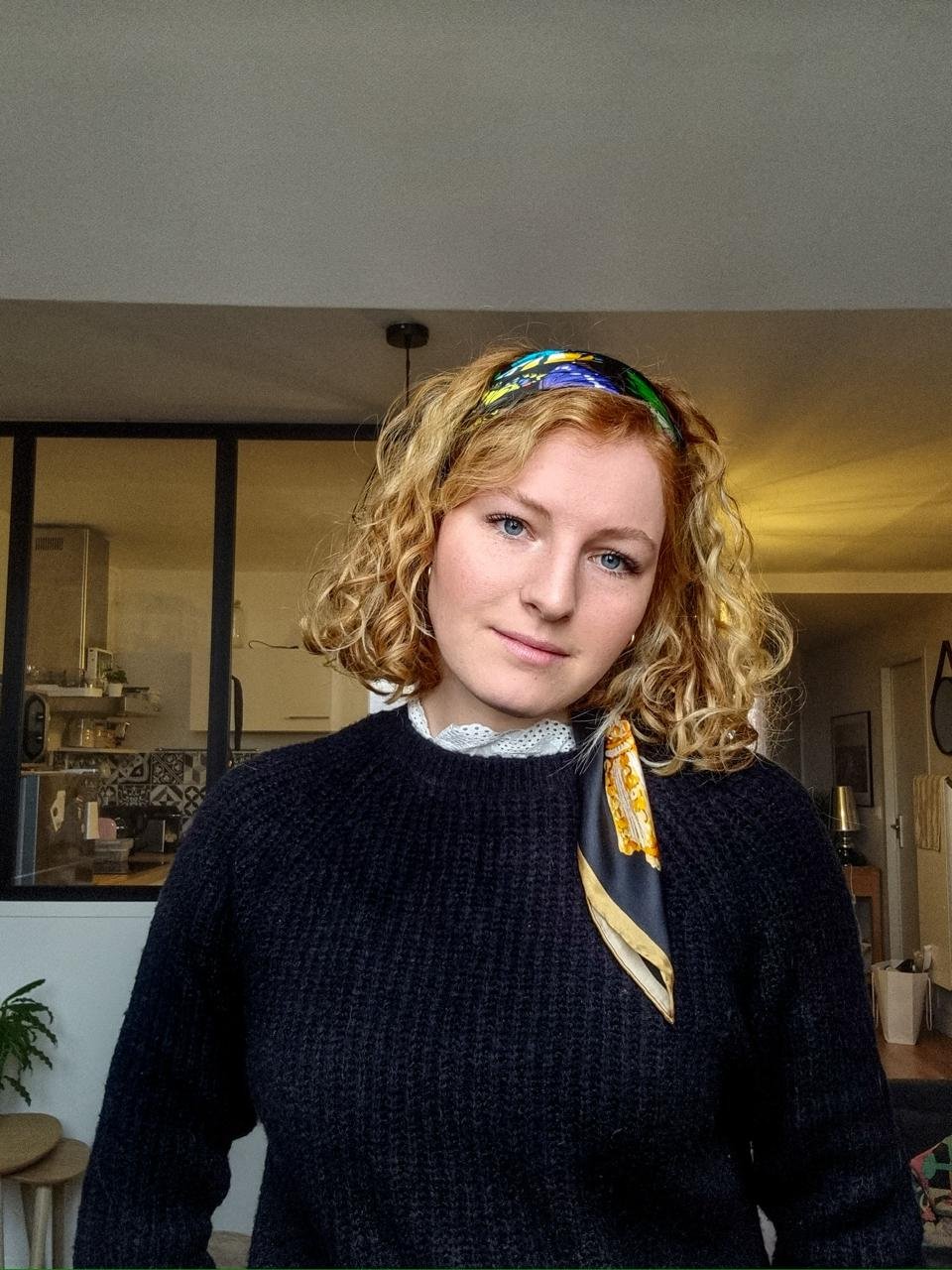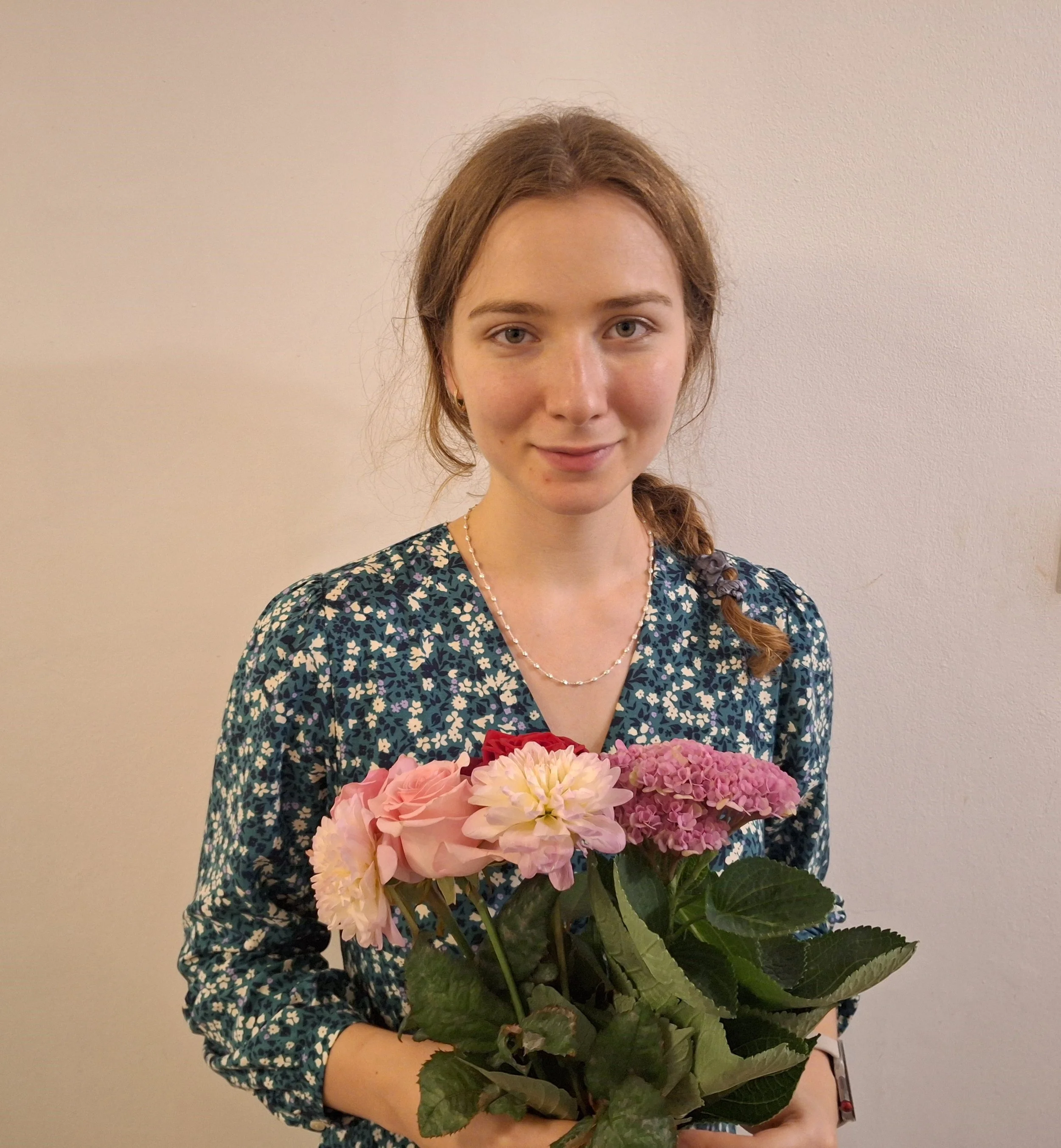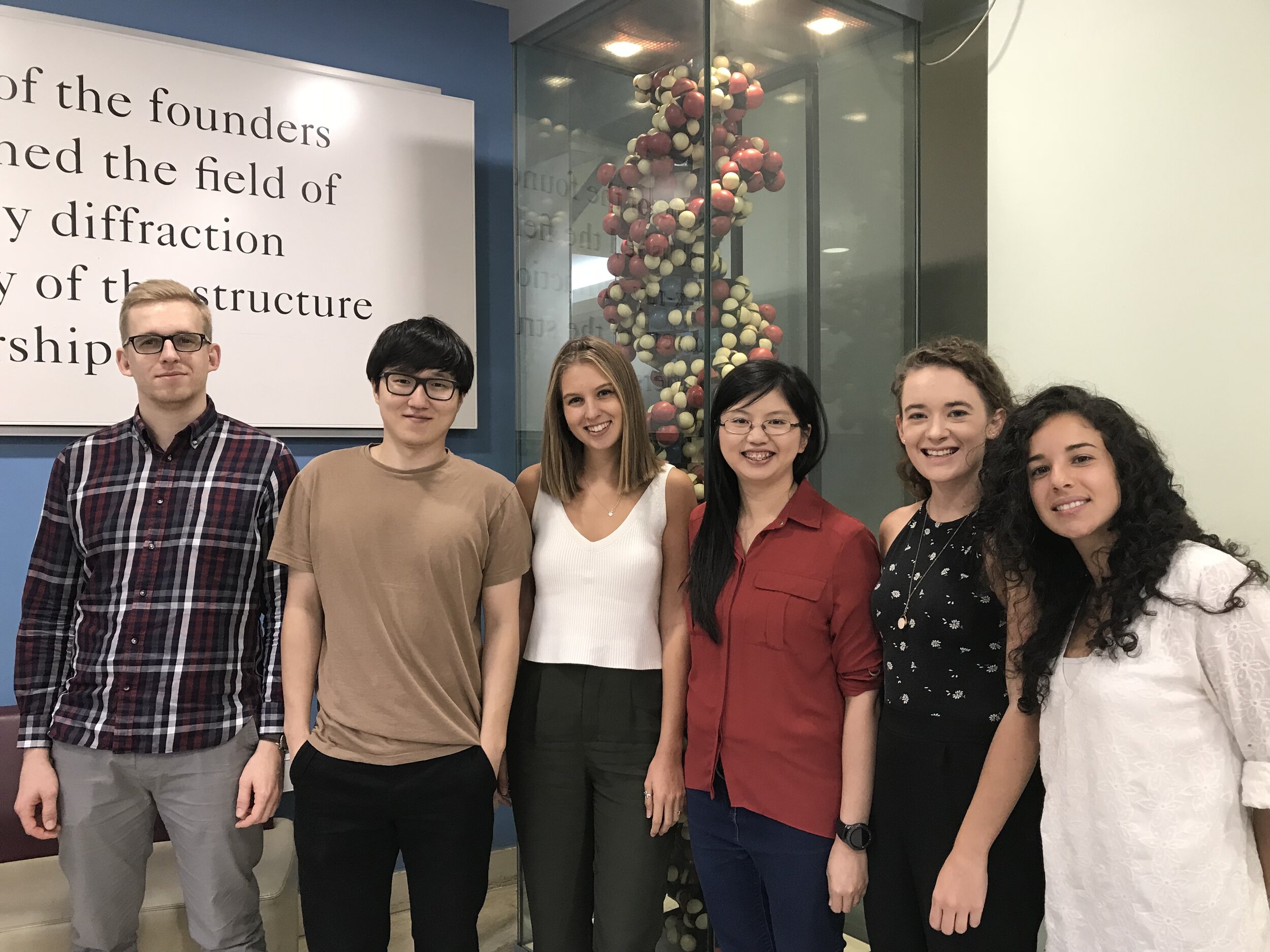Our Students
‘Cell/Advanced Therapies for Regenerative Medicine’ Wellcome Trust PhD Programme students (past and present) at the Centre for Gene Therapy & Regenerative Medicine (CGTRM).
COHORT 2021
COHORT 2022
COHORT 2023
COHORT 2024
Alumni
Advanced Therapies for Regenerative Medicine Wellcome Trust PhD Programme
2020
Imogen Brooks
Supervisors: John McGrath & Joanna Jackow
Maria Cristina Garrone
Supervisors: Rocio Sancho & Alan Hodgkinson
Caoimhe Kerins
Supervisors: Eileen Gentleman & Ivo Lieberam
Cher Shen Kiar
Supervisors: [COMING SOON]
Sofia Syntaka
Supervisors: Ivo Lieberam & Sonia Gandhi
Jessie Zihui Xu
Supervisors: Niwa Ali & Toby Lawrence
Cell Therapies & Regenerative Medicine Wellcome Trust PhD Programme
2019
Nathalia Almeida
Supervisor: Michael Malim
Matthew Wai Heng Chung
Supervisors: Subhankar Mukhopadhyay & Alberto Sanchez Fueyo
Elena Drudi
Supervisor: Tanya Shaw
Elise Engquist
Supervisor: Peter Zammit
Eva Hamrud
Supervisor: Andrea Streit
Abigail Isaacson
Supervisor: Francesca Spagnoli
2018
Inchul Cho
Supervisor: Alessandra Vigilante
Prudence Lui
Supervisor: Niwa Ali
Jana Obajdin
Supervisor: John Maher
Federica Riccio
Supervisor: Ivo Lieberam
Wladislaw Stroukov
Supervisor: Giovanna Lombardi
Victoria Tsang
Supervisor: Davide Danovi
Thea Willis
Supervisor: Cynthia Andoniadou
2017
Gabriella Clarke
Supervisor: Chris Shaw
Peter Harley
Supervisor: Ivo Lieberam
Ella Hubber
Supervisor: Peter Jones
Teodora Manea
Supervisor: Rocio Sancho
Emily Read
Supervisor: Joana Neves
2016
Daria Belokhvostova
Supervisor: Fiona Watt
Ieva Berzanskyte
Supervisor: Ivo Lieberam
Ana-Maria Cujba
Supervisor: Rocio Sancho & Fiona Watt
Geraldine Jowett
Supervisor: Eileen Gentleman & Joana Neves
Lucy Marshall
Supervisor: Elizabeth Bradbury
Johanna Prueller
Supervisor: Peter Zammit
Congratulations to King's Wellcome PhD Programme students
Congratulations to our students who have successfully published review articles with Professor Fiona Watt and/or Dr Francesca Spagnoli. Find out more about their work below.
They stand in front of historic DNA models near the site where Maurice Wilkins and Rosalind Franklin played their part in determining the structure of DNA.













